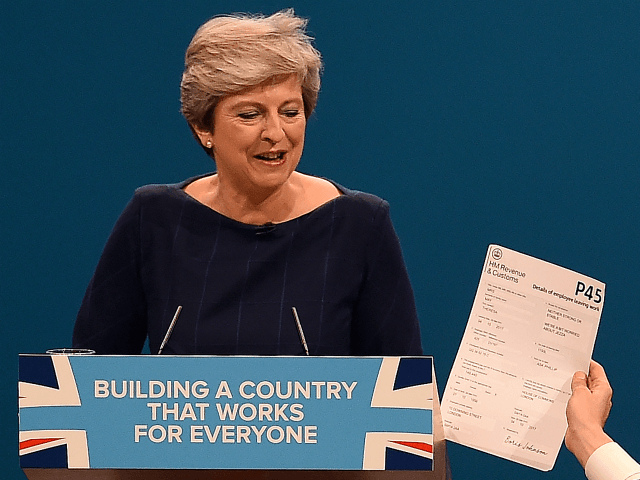Prime Minister Theresa May is set to make threatening political candidates and campaigners a criminal offence — despite intimidation already being against the law — with a focus being put on social media and internet anonymity.
In a speech to mark the centenary year of women’s suffrage, Mrs. May is expected to say: “While intimidation is already a crime, we will consult on making it an offence in electoral law to intimidate candidates and campaigners.
“And because some candidates and their families have been targeted for abuse in their own homes, we will extend to candidates for local government the same protection which parliamentary candidates have to keep their home addresses secret.”
The Financial Times also reports that the speech will pay tribute to women who experienced “open hostility and abuse” in the campaigning to obtain the right to vote.
“In the 21st century it cannot be acceptable for any woman — or any person — to have to face threats and intimidation simply because she or he has dared to express a political opinion,” the prime minister will say.
“British democracy has always been robust and oppositional but a line is crossed when disagreement mutates into intimidation, when putting across your point of view becomes trying to exclude and intimidate those with whom you disagree,” she will add.
The proposed legislation comes after Brexit campaigner and grassroots favourite to be the next leader of the Conservative Party Jacob Rees-Mogg was interrupted by far-left, black-clad activists whilst giving a talk at Bristol’s University of West England, resulting in a brief scuffle — although the Somerset MP said he “never felt threatened and unsafe” and that he believes “very strongly that people have the right to protest”.
On the other hand, Labour Party councillor Claire Kober announced last week that she would step down in May as leader of Haringey council following the “sexism, bullying and undemocratic behaviour” she was allegedly subjected to by hard-left Momentum activists.
Mrs. May is also expected to highlight the role of social media and internet anonymity in the spread of abuse, according to The Times, and the nebulous definition of “intimidation” could be extended to result in legislating against arguing on Twitter with any politician or “activist” — another broad term — if the language is deemed ‘threatening’ or abusive.
At the end of 2017, the government pledged to create the nation’s first-ever police unit dedicated to tackling internet “trolls”, which it hopes will see more internet users tracked down and prosecuted for “online hate crime”.
In 2016, the Crown Prosecution Service (CPS) confirmed that no evidence is needed to bring a criminal complaint against someone for a ‘hate crime’, as “reporting … is subjective and is based on the perception of the victim”.
Breitbart London has previously reported that, in 2016, police arrested at least 3,395 people — around nine a day — under section 127 of the Communications Act 2003, which prohibits intentionally “caus[ing] annoyance, inconvenience or needless anxiety to another” online.
